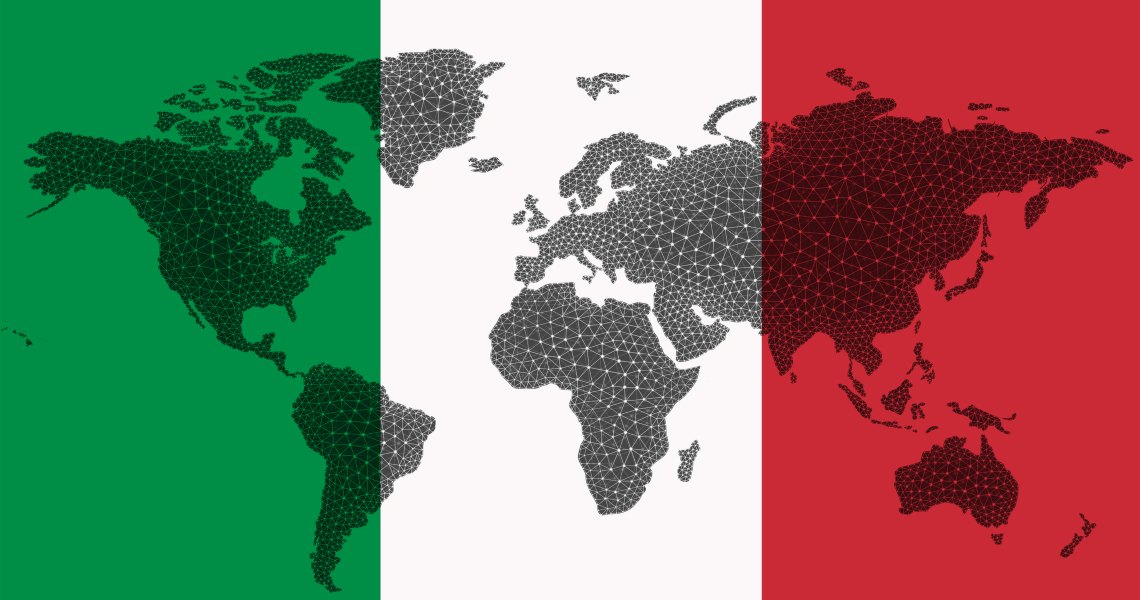According to a recent report on the dissemination of knowledge about blockchain in Italy, published by Tech Economy, more than half of Italians have at least heard about it.
As a matter of fact, compared to last year, the number of people who say they have never heard of it has dropped from 52% to 31%.
Despite this, it is still a technology that is clearly less well known than others that have already spread widely, such as social networks or artificial intelligence and augmented reality.
These data have been extrapolated from the second edition of the Retail Transformation 2.0 research, developed by the Digital Transformation Institute and Cfmt, which also reveals that the number of people who claim to know what it is broadly speaking has increased by 12% in a year, although the number of people who define themselves as being able to define precisely how it works has only increased by 2%.
In general, people with high levels of education and advanced digital skills are better informed about this technology, with the majority of men being 17% more educated than women.
There is not much difference between 28% of those who say they are completely comfortable with this technology and 30% who say they are not. In addition, 41% are willing to test it.
For example, 69% of respondents say they have never purchased a product with reference to its guaranteed traceability through blockchain, revealing that this use is still relatively marginal, but growing. In fact, in 2018 this percentage was much higher: 81%.
Among others, 6% claim to be a regular user of this technology, while the remaining 25% claim to have tried it at least once.
Furthermore, 46% said they are interested in smart contracts in order to save time and money and guarantee reliability.
With regard to cryptocurrencies, the differences compared to 2018 are less obvious.
For example, currently, 80% of respondents say they have never used cryptocurrencies, compared to 81% the previous year.
Moreover, the link between blockchain technology and cryptocurrencies persists, to the point that, when they were defining the term blockchain, many respondents said that it is the technology on which cryptocurrencies are based.
3% said they are a regular user of cryptocurrencies, while 17% said they have tried to use them.
Among them, millennials are growing, +13%, and those with high digital skills, +7%. As many as 28% of respondents say that in the future we will no longer use fiat currencies, but only cryptocurrencies like Bitcoin.
The President of the Digital Transformation Institute, Stefano Epifani, commented on the results of this research saying:
“Blockchain technology, in its most powerful and meaningful expression, has found a moment of saturation for now. Obviously, it will not be eternal, but it requires a reflection period on the difference between the time people need to absorb innovation and what companies would like it to be.
Blockchain is perhaps the technology that has been most overexposed and, at the same time, misunderstood over the last 12 months. Looking at the number of people who think they know what it is and comparing it to those who actually use it gives an immediate account of how much this belief in competence is driven by a media buzz that has no practical effects in terms of knowledge. And it is no coincidence that while proofs of concept abound, proofs of work are rare”.




